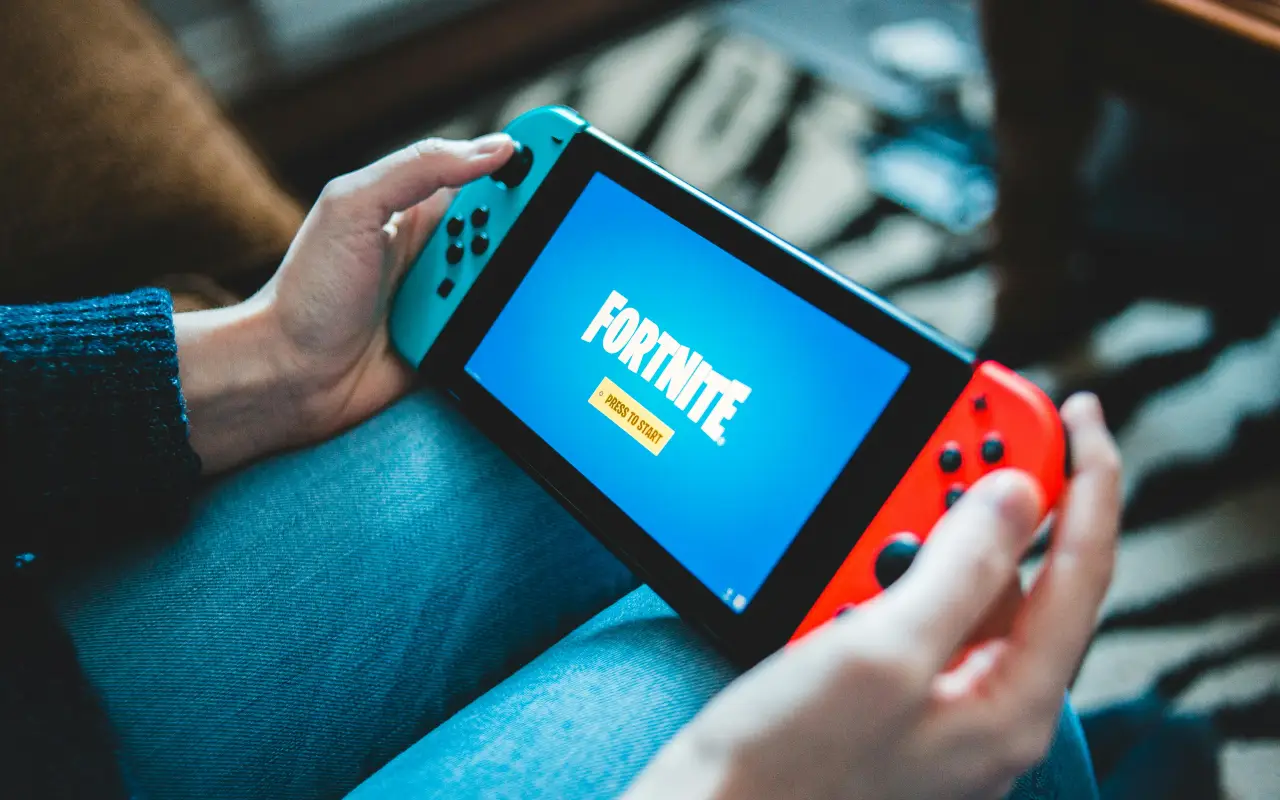Gaming platforms: the new frontier for brand marketing
Explore how gaming platforms are transforming brand marketing, reaching 3B+ active gamers through innovative virtual engagement strategies.

A decade ago, gaming was often dismissed as just a pastime—a way to kill time rather than a serious industry. Fast forward to today, and gaming has become a behemoth, surpassing the music and film industries combined in revenue. In 2023 alone, the global gaming market was valued at $184 billion, eclipsing music ($28.6 billion) and film ($33.9 billion).
This dramatic growth isn't just about bigger budgets and flashier titles—it's about a fundamental shift in how audiences engage with digital content. With over 3 billion active gamers worldwide, gaming has evolved into an ecosystem where people don't just play—they socialize, create, shop, and interact with brands in ways that were unimaginable just a few years ago. This transformation has caught the attention of major brands, many of whom are now rethinking their digital marketing strategies to include gaming platforms as essential engagement channels.
The new marketing frontier
The gaming landscape offers something traditional advertising channels cannot: genuine engagement. Unlike passive media consumption, gaming creates opportunities for active brand interactions, where products and services can be seamlessly integrated into the user experience. Gamers spend an average of 7+ hours per week in their virtual worlds, providing brands with extended opportunities for meaningful interactions that far surpass traditional advertising touchpoints.
This level of engagement is particularly valuable when reaching Gen Z and Millennial audiences, demographics that have become increasingly resistant to conventional advertising. These groups are more receptive to brand messages when they're integrated naturally into their gaming experience, whether through virtual items, branded environments, or sponsored challenges.
Companies like Nike, Gucci, and Coca-Cola have recognized this potential, creating innovative campaigns that blur the lines between gaming and commerce. Nike's 2023 collaboration with Fortnite exemplifies this approach—players can try virtual sneakers in-game before purchasing physical products, creating a seamless bridge between digital and real-world commerce. Similarly, luxury brands have found success launching limited-edition virtual items that drive both digital engagement and real-world brand awareness.
Building effective gaming strategies
Success in gaming platforms requires more than just showing up—it demands a thoughtful approach that respects the unique characteristics of gaming communities. Brands must consider not only how they appear in games but how they can add value to the gaming experience.
Gaming marketplaces have emerged as sophisticated commercial platforms where players trade virtual assets and engage with branded content. Platforms like PlayHub.com, where gamers can securely trade in-game currency, accounts, and boosting services, demonstrate how these marketplaces create new opportunities for brand engagement. These platforms offer opportunities for everything from exclusive digital collectibles to virtual storefronts, creating new revenue streams while building brand affinity.
Through branded digital items, affiliate partnerships, and influencer collaborations, these marketplaces present fresh opportunities for brands to connect with serious gaming audiences. The key is ensuring these integrations feel natural and valuable to the gaming community rather than intrusive or forced.
Influencer partnerships have become another crucial element of gaming marketing strategies. Gaming influencers, with their authentic connections to their audiences, can drive significant engagement when properly aligned with brand objectives and values. Whether through sponsored streams, virtual events, or co-created content, these partnerships help brands establish credibility within gaming communities.
The future of gaming marketing continues to evolve, driven by technological advances and changing consumer preferences. The emergence of metaverse platforms promises even more immersive brand experiences, while AI-enhanced personalization will enable more sophisticated targeting and customization of brand interactions. Cross-platform strategies that connect gaming presence with broader digital marketing efforts will become increasingly important for creating cohesive customer experiences.
The path forward
For brands looking to succeed in gaming platforms, several principles remain crucial. Authenticity is essential—gaming communities quickly identify and reject inauthentic brand presence. Value exchange must be at the heart of any gaming strategy, whether through exclusive content, enhanced experiences, or unique virtual items. Perhaps most importantly, building meaningful presence requires sustained engagement rather than one-off campaigns.
Gaming platforms represent more than just another marketing channel—they're becoming essential spaces for brand engagement in the digital age. Their unique combination of high user engagement, sophisticated commerce capabilities, and cultural relevance makes them invaluable for modern marketing strategies.
As the gaming industry continues to grow and evolve, brands that successfully establish themselves in these spaces will gain significant advantages in reaching and engaging with key audiences. The future of brand marketing is increasingly intertwined with the future of gaming, making understanding and leveraging these platforms essential for long-term success.
